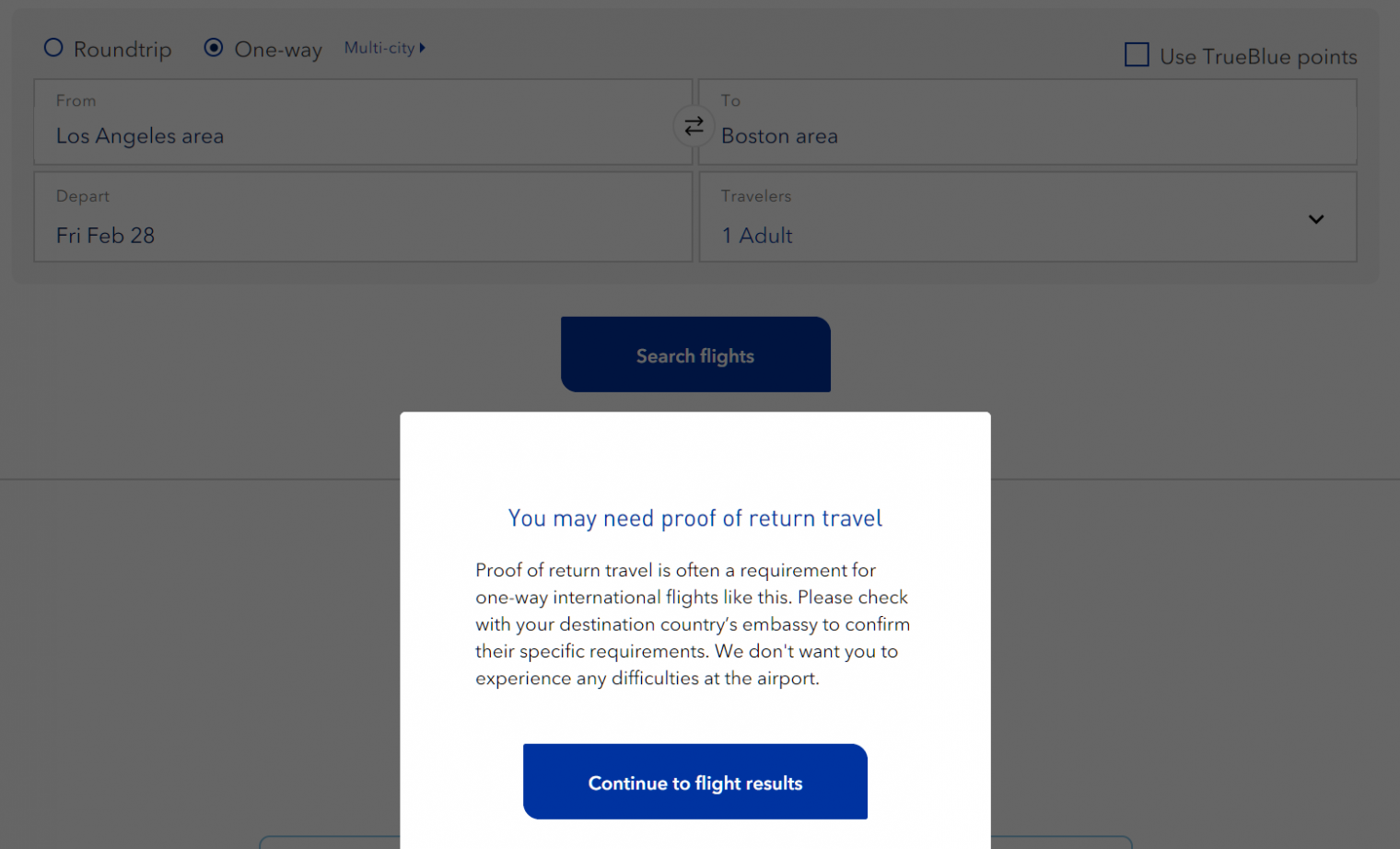A friend is a physician at a Boston-area hospital with nearly $1 billion in annual revenue and more than 250 beds.
This evening I asked what he would do if a patient came in with the full slate of obvious coronavirus symptoms. “If his condition is critical, I can admit him,” Doctor Friend said, “but I can’t order a coronavirus test. In fact, the hospital has been trying to get the word out to people not to come to the hospital if they want a test.”
How is that possible? “We can’t do a coronavirus test in-house,” he responded. “I’ve heard that Quest is gearing up and will have millions of tests available soon. Once they’re ready, we can order tests through Quest.”
If a doctor in a big hospital in a big city cannot order a test, how can we have any confidence in what we’re told are the latest infection numbers for the U.S.? How can anyone know how many of our neighbors are infected with coronavirus and how many simply have a bad cold or a mild flu?
Separately, I ran into a friend who runs a small pharmacy with his brother. “Our sales are up 30 percent,” he said. “Mostly cleaning products, hand sanitizer,and so forth. We were able to buy some alcohol at twice the usual price and then we marked it up to $8, but now we’re sold out of almost everything.” Is any of this stuff useful to an average consumer? If the family doesn’t have coronavirus, what is the value in sanitizing everything? If a family member does have coronavirus, what is the value in cleaning up after the fact? “Unless you have new people coming into your household every day,” he replied, “I don’t see what difference it would make versus just washing your hands on returning home. But it makes people feel good to do something.”
He did not think that this round of coronavirus would turn out to be significant. He thought that it would, like the flu, kill some older people and then disappear for the summer.
Full post, including comments 
